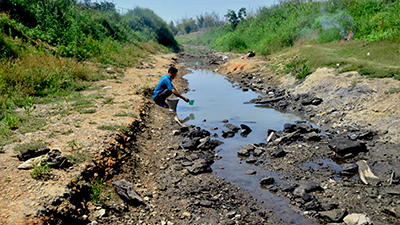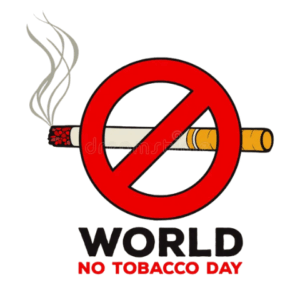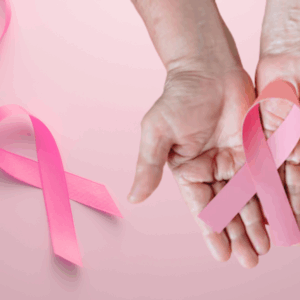Water as an essential need must start to gather policy focus with convergence on addressing public health issues. Over the years, there is a global water crisis brewing wherein between 2 to 3 billion people worldwide are currently facing water scarcity.
In Nagaland, the concern of water scarcity has become a severe crisis. Almost all hilly regions of Nagaland suffer from water scarcity, especially during the dry season.
With a population of 1.9 million (2011 census), the growing demands for water, coupled with poor water management, have increased water stress in Nagaland. Deforestation is also one of the major factors contributing to water scarcity.
Kohima, the cherished capital of Nagaland, with a population of 372,504 (estimates as per December 2023) a home to people from all ethnicities from different parts of Nagaland and other neighboring states is surrounded by hills and mountains having abundant supply of water. However, it is unfortunate to say that with the surge of population and urbanization, the demand for water increased exponentially to meet various requirements.
Despite the existence of various government departments working on water governance and management, the water crisis is still persistent which needs a more holistic public health intervention.
For those who are residing in and around the state capital have been undergoing untold miseries not only for paying exorbitant price in buying water from individuals and private parties but also for not getting water to buy at times. On the other side, those families who are not able to afford buying water on the daily basis; they have to travel long distance to fetch drinking water.
Little are we aware that the water supply purchase from private parties may contain contaminants and can likely cause chronic health effects – effects that occur long after repeated exposure to small amounts of chemical as they are randomly collected from elsewhere.
Regardless of all these factors, the blame for water scarcity cannot be put to one entity. For instance the Urban Development department while not directly responsible for water supply faced challenges due to limited funds and restrictions on certain areas, the opposition by landowners in villages to implement water related projects due to customary laws and practices adjoin the crisis.
Though there are unbounded challenges, we are not limited to encounter water crisis challenges because since time immemorial, we practice varieties of methods to conserve water for our daily needs one such practice is the rainwater harvesting which also recharge the ground water, this method could be use to protect and revive ground water as Kohima have numerous springs, considering that it not only replenishes the stored underground water but also improves its quality by effecting dilution of pollutants and other harmful substances. In addition we also need to document all the traditional water management practices and integrate scientific knowledge with traditional wisdom.
Therefore a collective action is needed to mitigate water scarcity with the involvement of government, civil societies, village communities and academic institution.
About the Author: Akangkokla Namo is MPH Scholar at Edward & Cynthia Institute of Public Health – Advanced Technical Cooperation Center with Yenepoya ( DU).
Disclaimer: Views expressed are the author’s own. Edward & Cynthia Institute of Public Health or Yenepoya (Deemed to be University) are not responsible for contents or opinions reflected in this article.
Akangkokla Namo
-
Akangkokla Namo#molongui-disabled-link




